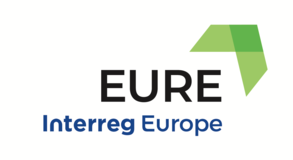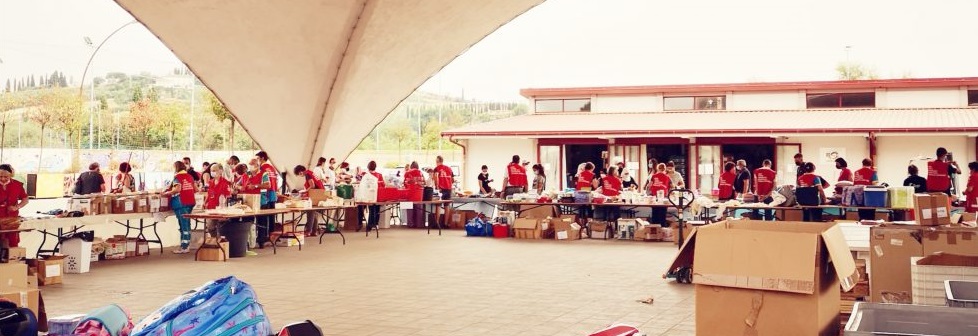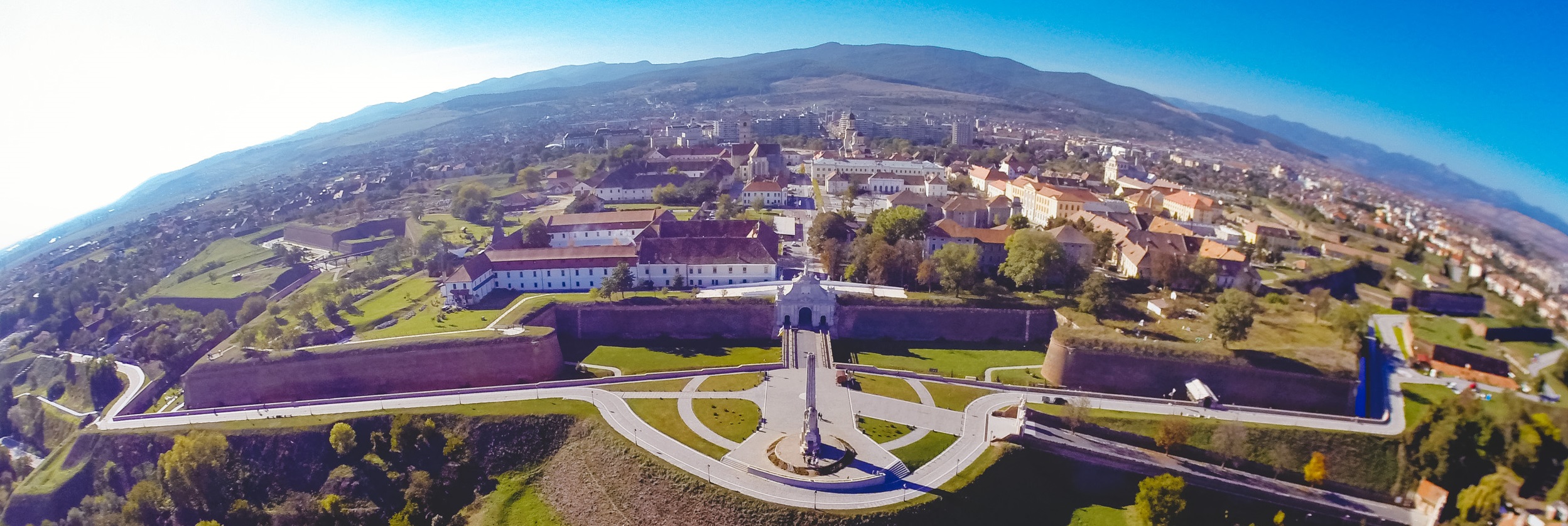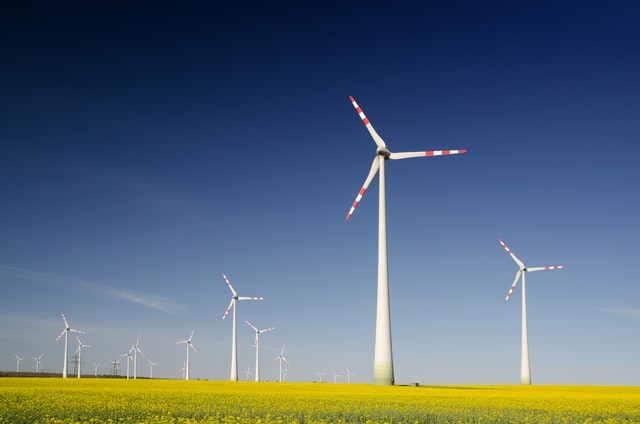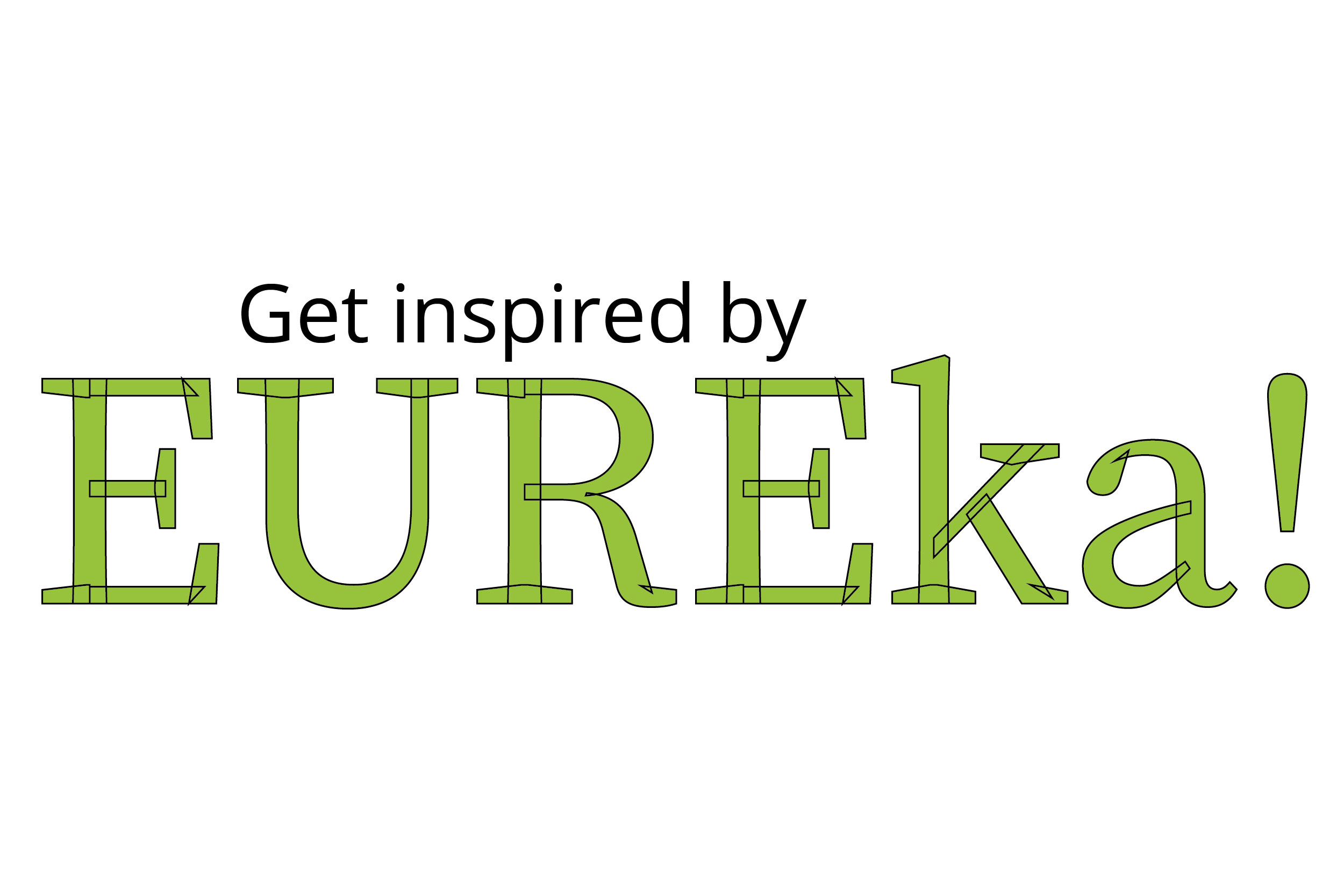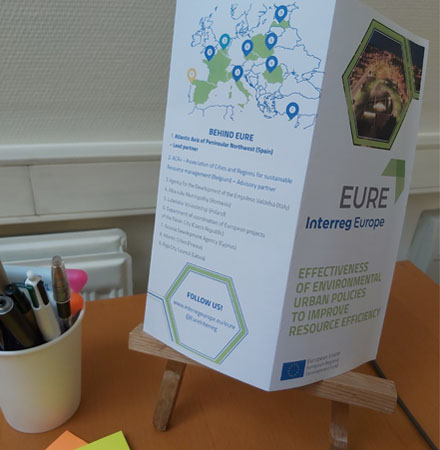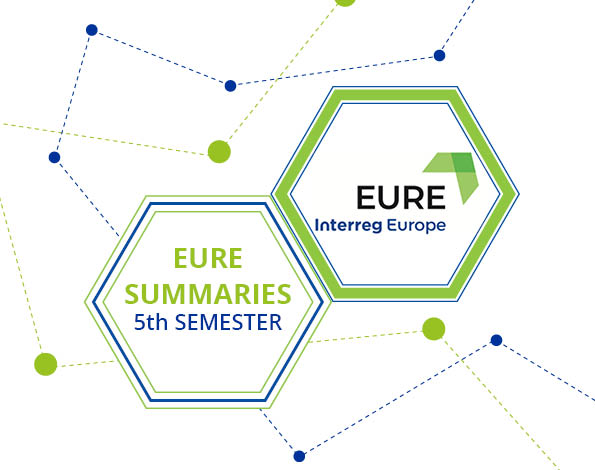For already several months one of EURE partners, ACR+, has been mapping how public authorities in Europe and beyond reacted and adapted their waste management systems to the urgency created by the COVID-19 pandemic. Now that the situation has evolved with most of the countries progressively easing lockdown measures, ACR+ is moving one step further by identifying interesting practices and analysing the key factors to increase the capacity of waste management systems to respond to health crisis while keeping prevention and recycling high on the agenda. The aim is to better understand the crisis, identify effective solutions and increase the resilience of municipal solid waste collection systems.
For this, the network wants to hear directly from municipal and local authorities or their waste operators about the consequences of the crisis on their waste systems, through an online survey (open until the end of July 2020).
If you are a municipal and local authority or a waste operator, ACR+ is kindly inviting you to fill out the survey.
Your contribution is essential to assess the impact of the COVID-19 in particular regarding the services provided, the quantities collected, health and safety measures, finances and communication to users. This survey will lead to the publication of an aggregated analysis, accompanied by highlights on specific practices.
Read the interview to Paolo Marengo, Program Manager at ACR+, within the Interreg Europe Policy Learning Platform.

More on COVID-19?
As a reference programme for European regional policymakers Interreg Europe supports its community of 17,000 members for a fast recovery from the global COVID-19 pandemic and its consequences. A dedicated page has been created with information about how Interreg Europe can help you and how you can get involved. In particular, you can browse and contribute to the good practice database which is full of solutions from across Europe that experts of the Policy Learning Platform have validated. The keyword COVID-19 will help you finding those which can help regions mitigate the social, economic and environmental effects of the outbreak.
